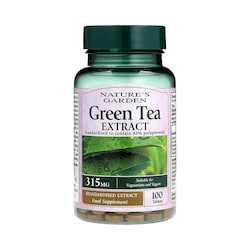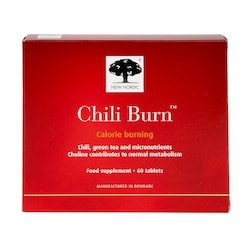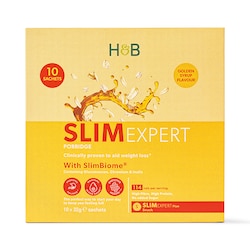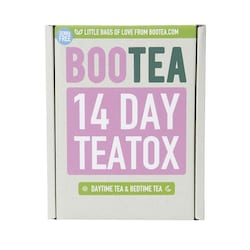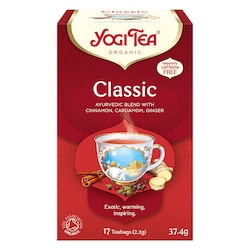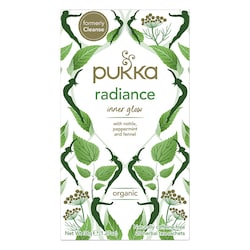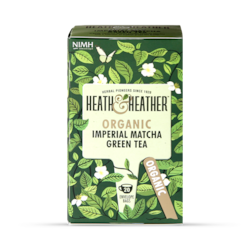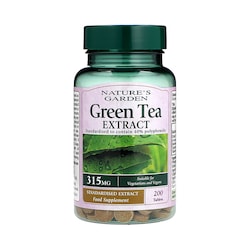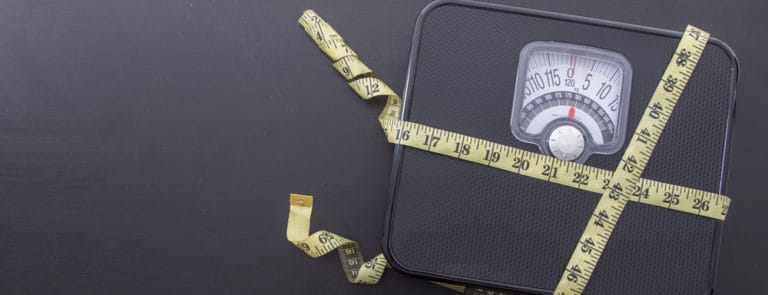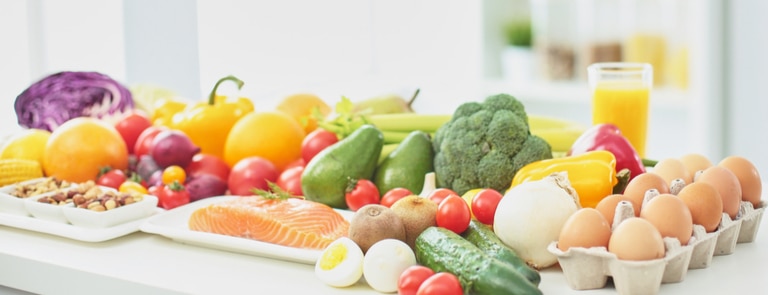20% off £30
How many calories to lose weight?
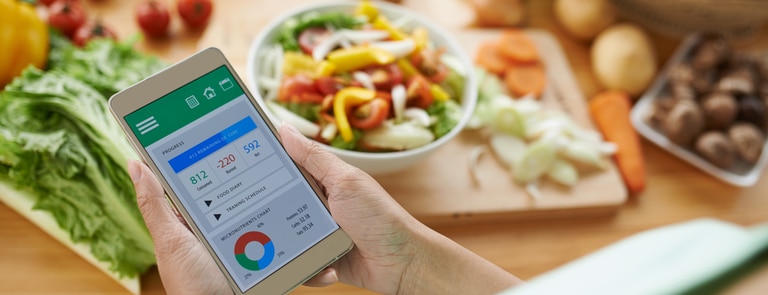
Have you been trying to lose some weight or maybe you’re planning to and are wondering, ‘How many calories should I eat to lose weight?’
It’s an extremely valid question and one or nutritionists frequently get asked. While it’s great to lose some weight and ultimately achieve your weight loss goals, it’s important you don’t lose weight too rapidly or too much of it.
With that in mind, we spoke to one of our nutritionists, Amrit Kaur Khaneja, about how many calories we need to consume to lose weight, the key factors that can influence weight loss and the type of food we ideally need to be eating.
What are calories?
They’re a unit of measurement that show us how much energy there is in food and drink. The more we eat and drink, the more calories we put into our body.1
Over time, any excess calories are stored by the body as fat, which can lead to people putting on weight. Generally speaking, women need to consume 2,000kcal a day, and men should consume 2,500kcal a day, to stay a healthy weight for their body and avoid putting on too much weight.
As well as monitoring how much you weigh by jumping on the scales, you can go one step further by calculating your Body Mass Index (BMI).
It’s a useful benchmark for determining your weight in relation to your height. It also acts as an important measure for flagging if you are at risk of developing certain health issues due to being underweight, overweight, obese or severely obese.
For more on BMI, including guidance on how to work out what yours is, read, ‘How to calculate BMI.’
Summary:
- Calories are used to measure how much energy is present in food and drink.
- Women should ideally consume 2,000kcal a day
- Men should ideally consume 2,500kcal a day
- Any excess calories are usually stored by the body as fat.
How to calculate your BMI
Body Mass Index (BM) is a useful benchmark for bodyweight and health. But how can you calculate your BMI at home?
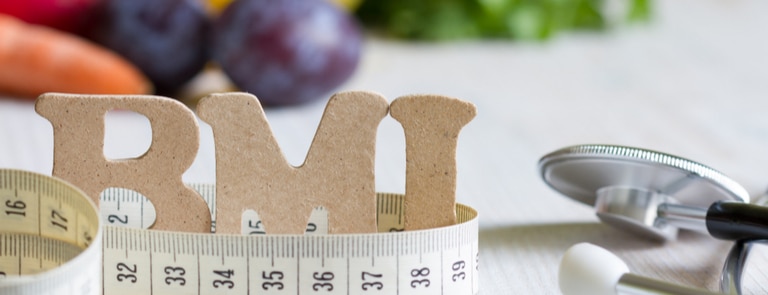

How do I monitor calories in food and drink?
The good thing is, keeping tabs on how many calories you’re taking on is simple to do, once you know what you’re looking for on the labels!
Knowing how much you’re consuming will enable you to monitor if you’re taking on enough calories every day and when you may have had enough or too many.2
In order to do this, you just need to look out for the nutrition labels on the products you’re consuming. Find the section called ‘energy’, then look for the calories, which are usually referred to as kilocalories, kcals, kilojoules or just kJ.
Most labels state how many calories there are per 100g or 100ml of food or drink, and the more monitoring you do, the easier it becomes to spot high calorie products from low calorie products.
It’s worth flagging here that most calorie counts are provided for 1 portion of food, which is based on the manufacturer’s portion size and not yours, so bear that in mind.
You can add up your calories manually or use calorie counters that you can keep adding to when you have a drink or have something to eat throughout the day.
Ideally, you want to be forward planning your food and drink intake beforehand, so you know exactly how many calories you are putting into your body in advance rather than getting halfway through the day and realising you’ve reached your total calories for the day.
Summary:
- Calories are listed on food and drink labels as kilocalories, kcals, kilojoules or kJ
- You can use a calorie calculator to count your calories or count them manually
- The main thing is that you know how many calories you need to consume and that you don’t go over that amount.
How many calories should I consume in a day to lose weight?
You should aim to achieve a calorific deficit of 500kcal a day.
This will enable you to clock up a weekly deficit of 3,500kcal a day, which equates to a steady weight loss of 1Ib a week.
You should keep going until you reach a healthy weight for your height.
Losing weight steadily is widely considered to be much safer and sustainable than losing weight rapidly.
Is 1,200 calories a day good for weight loss?
The number of calories we need to consume differs from person-to-person and is influenced by factors, including our age, gender and how physically active we are.
As we mentioned a bit further up, there are numerous calorie calculators available online that can help you work out how many calories you need based on how old, tall and physically active you are. Sharing these details will enable you to get access to calorie advice that’s specifically tailored to you and only you.
Summary:
- To successfully lose calories, you need to achieve a calorific deficit of 500kcal a day
- The number of calories we need to consume differs from person-to-person and is influenced by factors, including our age, gender and exercise levels
How many calories do men have to lose?
According to the NHS, men need around 2,500kcal a day to maintain a healthy body weight.
Men typically tend to have more muscle mass than women, which burns more calories than body fat, even when resting.
Despite this fact, men still need to reduce their calories and exercise regularly if they want to lose weight and, more importantly, keep the weight off.
How many calories do women need to lose?
As we’ve already clarified, women need around 2,000kcal a day.
Women tend to store more body fat than men, around 6 to 11% more body fat, due to their oestrogen levels, which encourage fat storage around the body. It’s thought this is an evolutionary adaptation for childbearing.
However, by taking on 500 fewer calories a day, women can still achieve weight loss with a combination of a healthy balanced diet and exercise.
Summary:
- Ideally, men and women need to reduce their calories and exercise regularly to lose any weight
- Men tend to have more muscle than women, which burns more calories than fat
- Women tend to have more body fat than men, which encourages greater fat storage
What other factors affect weight lose other than calories?
Lots of different factors impact weight loss; not just calories.
In order to lose weight, your body needs to create a calorie deficit, which will result in you using more calories than you consume.
You may choose to reduce the amount of calories you’re taking on or increase your energy expenditure (e.g. take part in regular exercise) to achieve this. Alternatively, some people may choose to do a combination of the two.
Successfully losing weight doesn’t just boil down to scaling back on calories. The calories that you are still choosing to consume need to be the right type that will make sure your diet’s a) sustainable and b) nutritious.
Ideally, your diet should be based on whole foods and full of fibre, protein, complex carbs and essential fatty acids, where recommended.
We can all adjust our diets and aim to eat fewer calories, but the truth of the matter is that many people struggle to lose weight because they simply don’t feel motivated enough to do so.
What’s more, food that’s high in refined sugar and carbs is usually highly addictive too, and is therefore more difficult to cut out.
The best thing to do is start by making small changes to your diet.
For instance, if you have 2 spoons of sugar in your tea or coffee, reduce it to 1 spoon and then ½ spoon until you don’t need any sugar at all. You could also try switching to an alternative low-calorie sweetener, such as xylitol or Stevia.
Another top tip that can help you stick to your weight loss plan is spreading your calories out throughout the day. Not only will this help stabilise your blood sugar levels, it’ll also help prevent a sugar crash that can fuel unhealthy food choices and lead to you feeling low in energy.
Hydration is also a key factor when trying to lose weight.
This is because being thirsty can often be mistaken for hunger. Making sure you drink around 6 to 8 glasses of water a day can even help curb your appetite in between meals, and prevent you from reaching out for snacks.
What type of food should we eat if we are low in calories?
Not getting enough calories into your body isn’t ideal because it can lead to you being deficient in vitamins, minerals and nutrients.
In order to lose weight and stay healthy, incorporate the following food into your daily diet:
-
Fibre
Simply increasing your fibre intake can create a feeling of fullness and reduce the urge to overeat. Fibre is also important for your gut and bowel health.
It actually happens to be a complex carb (more on them immediately below) that’s present in found in plant cells that can’t be digested or absorbed by the small intestine. Because of this, it’s broken down by bacteria within the large intestine, who use it as a food source.
Some examples of fibre-rich food includes:
- nuts
- seeds
- wholewheat pasta
- potato skins
- wholegrain bread
- oats
- barley
- rye
- fruit (such as berries, pears, melon and oranges)
- vegetables (such as broccoli, carrots and peas)
- beans
- pulses
Making sure your meals are full of wholefoods will help make sure you are taking on a range of vitamins, minerals and phytonutrients for optimum health.
-
Carbohydrates
Carbohydrates overall have gotten a bit of a bad rap over the years, which makes people automatically think they should steer from carbohydrates altogether if they’re following a healthy, balanced diet.
But it’s actually possible to eat carbs and lose weight; if you choose complex carbs. This type of carbs are an essential part of healthy eating and they’re recognised as being a good source of energy too.
Some examples of complex carbs include
- bananas
- oats
- quinoa
The beauty of complex carbs is that they’re digested slowly by our body.
This means they also release any sugar slowly into the body compared to refined carbohydrates, such a chocolates, sweets and cakes, that can cause blood sugar spikes.
What’s more, preventing large spikes and dips in blood sugar levels will help reduce the urge to reach out for high calorie snacks.
-
Lean protein
Protein is essential for muscle growth and repair, even more so if you’re exercising because your muscles burn calories even when they’re resting. It’s classed as being the building blocks of our cells and body tissue and is made up of 20 amino acids.
Just like complex carbs, protein also helps create a feeling of fullness which, in turn, can make it easier for you to reduce and maintain your portion sizes.
This is because protein takes longer to digest, so has the effect of keeping you feeling fuller for longer.
If you find you’re getting hungry throughout the day, boosting your protein intake may stop you from feeling peckish so often.
Some examples of lean protein include:
- eggs
- meat
- fish
- lentils
- beans
- tofu
- soy
- pulses.
Protein-rich foods often contain B vitamins and iron, which can also help maintain our energy levels.
Summary:
- A combination of reducing calories and regular exercise is the most effective for successful weight loss.
- It’s also important that your diet provides you with all the vitamins and nutrients you need to lose weight healthily, which can be obtained by eating fibre, complex carbs and lean protein.
Takeaway
While we can’t see calories, they’re something that impact us all. Some of us pay very little attention to them, while others are more conscious of them because they are conscious of how much they weigh and would like to lose some weight.
The important thing when it comes to weight loss is that it’s done in a healthy manner – i.e. by identifying exactly how many calories you need to cut down by and taking part in regular exercise.
Skipping meals and still eating sugary food isn’t the healthiest route, regardless of whether or not it may generate some initial weight loss goals.
The key to weight loss success that’s sustainable is reviewing your diet and making sure it’s balanced and full of food that’s guaranteed to make you feel fuller for longer, and will provide you with a healthy dose of vitamins and minerals.
If you are planning on losing some weight and aren’t sure how much you need to lose or the best way to go about it, speak to your GP or other medical professional.
For more practical advice on losing weight, have a read of this article, ’17 weight loss tips to lose it for life.’
The advice in this article is for information only and should not replace medical care. Please check with your GP or healthcare professional before trying any supplements, treatments or remedies. Food supplements must not be used as a substitute for a varied and balanced diet and a healthy lifestyle.
Last updated: 16 November 2021


